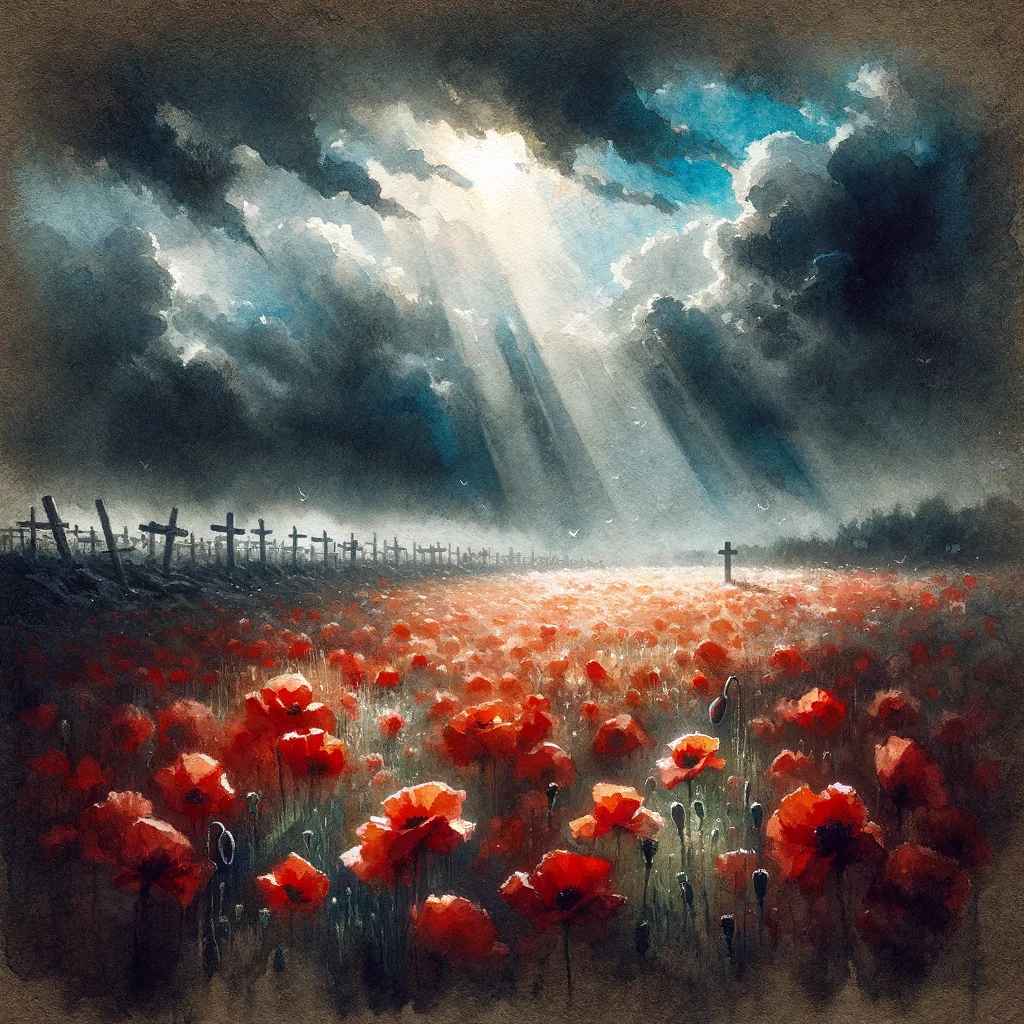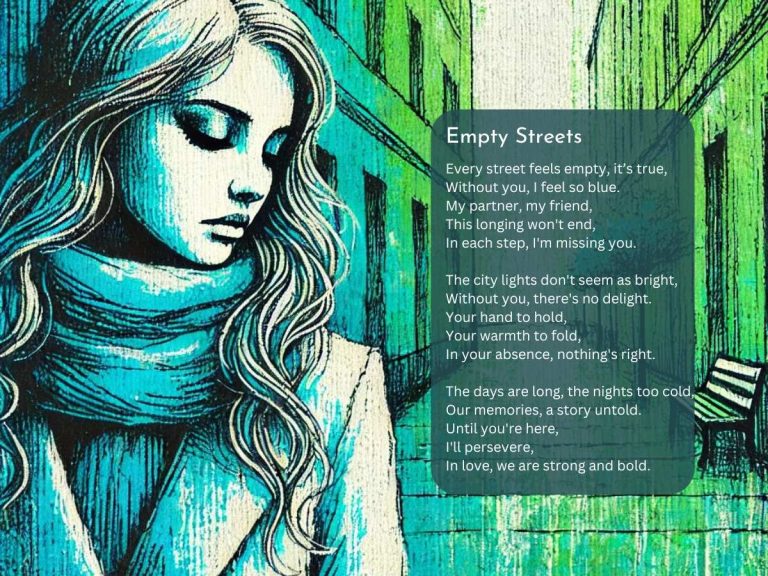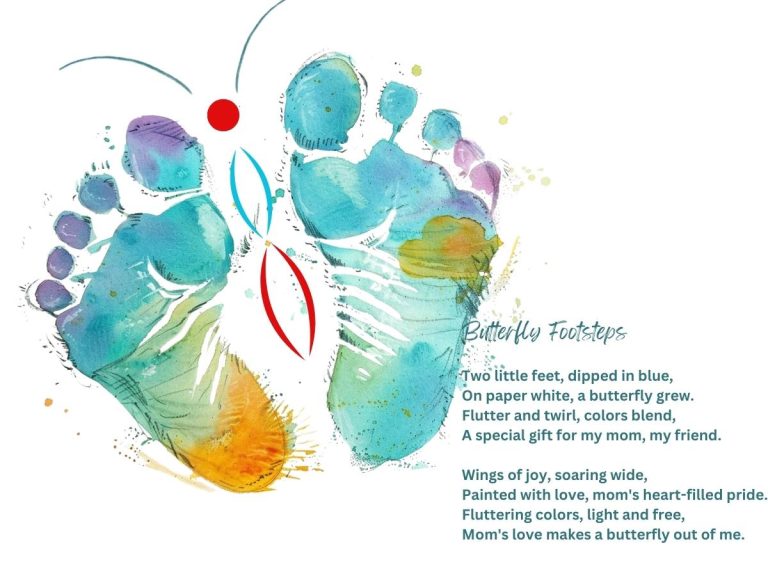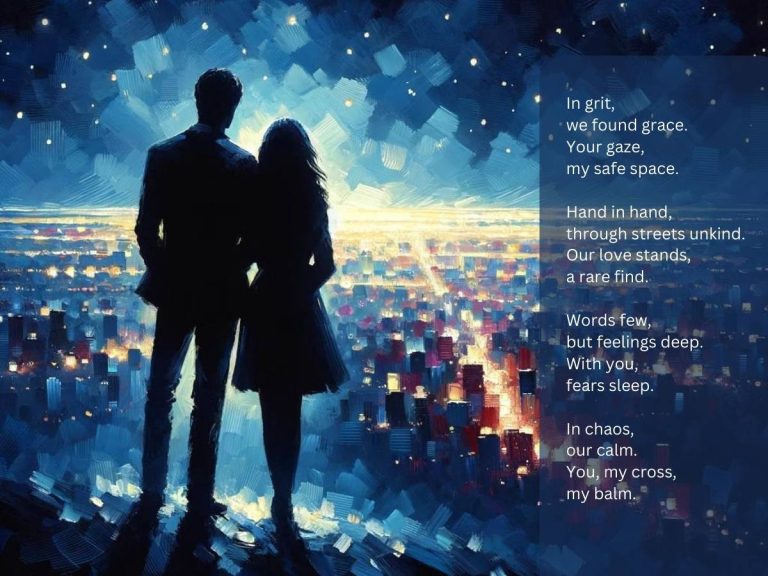War is Kind
Beneath the sky's vast, grieving shroud,
Steel whispers mock the brave aloud.
"War is kind," they jeer in jest,
While mothers weep for sons at rest.
Fields once green with hopeful hue,
Now crimson stained, as sorrows brew.
"War is kind," the old tales spin,
Yet eyes grow dim, and light grows thin.
In the dance of power, the pawns advance,
To the tune of loss, and fate's harsh lance.
"War is kind," the poets say,
But silent lips have more to convey.
From ashes rise, neither victor nor throne,
Only memories of the flesh and bone.
"War is kind," the irony sings,
In the shadow of pain, what truth it brings.
Yet, amidst the ruins, a spirit flares,
A testament to the love that dares.
"War is kind," an echo fading,
In the hearts that survive, hope parading.

Meaning
This poem War is Kind explores the bitter irony behind the phrase “war is kind,” contrasting the grim reality of conflict with the romanticized narratives often spun by society. Each stanza unveils the façade of war’s kindness, revealing the deep scars it leaves on nature, humanity, and the individual spirit. Through the eyes of those who bear its heaviest burdens, we’re reminded of the true cost of war, juxtaposed with the resilience of the human heart to find hope amid desolation.
Inspiration Behind
I wanted to challenge the notion that war brings out the best in humanity or serves a noble purpose. Inspired by the raw emotions of those who’ve experienced it firsthand, this poem paints a stark picture of war’s true colors. The choice of simple, short lines was to mirror the abruptness of loss and the sharp reality checks that come with each loss and supposed victory. My aim was to evoke a sense of reflection on the partisans of conflict and the paradoxical nature of finding strength in devastation.






